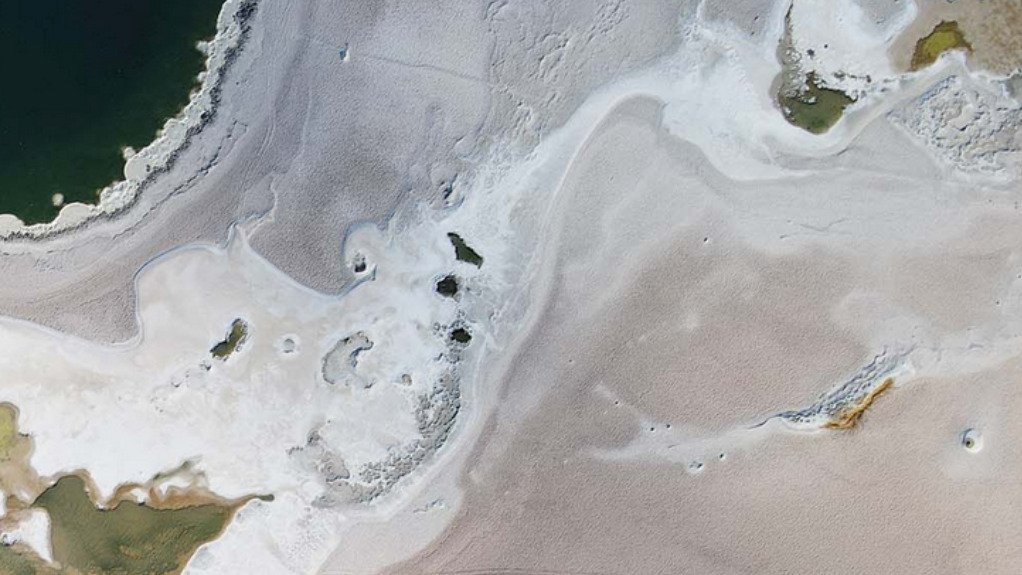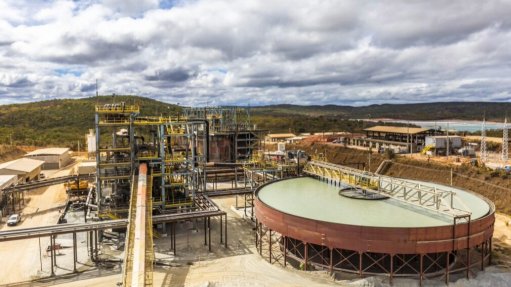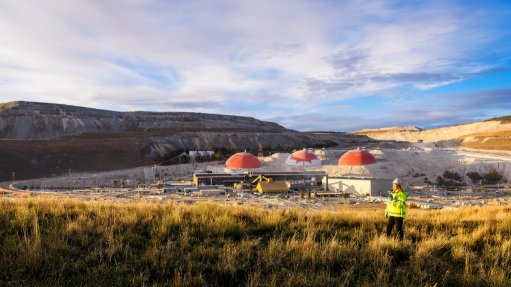Lilac Solutions releases lithium extraction data amid rising competition
LAS VEGAS - Lilac Solutions said on Tuesday the latest version of its lithium extraction technology can recover more than 90% of the lithium found in many brine formations, and that it has cut the construction cost of its system by 50%.
The release of the long-awaited data on Lilac’s process for recovering lithium - a key component in electric vehicle batteries that is abundant but can be hard to process - is aimed at rebutting claims its technology is inefficient and uneconomical as it works to woo clients across the globe.
Oakland, California-based Lilac, which was founded in 2016 and counts BMW and Breakthrough Energy Ventures as investors, has long been reticent to release data related to its version of a direct lithium extraction (DLE) technology.
Despite growing interest in the DLE sector from Exxon Mobil, Saudi Aramco and others, no DLE technology has worked at commercial scale without the use of traditional evaporation ponds.
Lilac on Tuesday released a 24-page white paper on the fourth generation of its technology, which uses ion exchange ceramic beads to attract lithium in batch cycles - akin to a laundry machine - after which a water-and-acid mixture is used to wash off the metal.
The data release comes as Lilac and its rivals - including International Battery MetalsI, EnergyX, Sunresin and others - are heavily marketing their DLE technologies to potential customers across the globe.
"Our technology works and I want to show that," Raef Sully, who became Lilac's CEO in February, said on the sidelines of the Fastmarkets Lithium Supply and Battery Raw Materials Conference, one of the world's largest gatherings of lithium producers.
"We're trying to close that gap between rumor and perception and be like, 'Hey, here we are. Here's the data.'"
A short seller in July 2022 attacked Lilac partner Lake Resources for relying on what it called "Lilac's yet-to-be-proven technology."
The short seller alleged that Lilac's beads only work for 150 cycles, making the technology uneconomical. Lilac at the time said the short seller's report was "inaccurate", but did not release hard data to refute it.
On Tuesday, the company said that the latest version of its technology works for 4 000 cycles, and can reduce water usage with the use of recycling equipment, Sully said.
Lilac plans to use the latest version of its DLE technology at Utah's Great Salt Lake, where a pilot plant should be online by October, Sully said. Lilac is also eyeing lithium projects in Arkansas, South America and Europe, he added.
The company's rivals have also been touting their own DLE data, including Koch Engineered Solutions, which has been testing its technology in Arkansas with partner Standard Lithium that it says has an average lithium recovery rate of 95.9% at certain conditions.
"We're trying to change the narrative and show this whole 'phantom DLE' thing is no longer phantom," said Garrett Krall, head of Koch's lithium business. "We now are ready to guarantee our (DLE) process in any brine resource around the world."
Article Enquiry
Email Article
Save Article
Feedback
To advertise email advertising@creamermedia.co.za or click here
Announcements
What's On
Subscribe to improve your user experience...
Option 1 (equivalent of R125 a month):
Receive a weekly copy of Creamer Media's Engineering News & Mining Weekly magazine
(print copy for those in South Africa and e-magazine for those outside of South Africa)
Receive daily email newsletters
Access to full search results
Access archive of magazine back copies
Access to Projects in Progress
Access to ONE Research Report of your choice in PDF format
Option 2 (equivalent of R375 a month):
All benefits from Option 1
PLUS
Access to Creamer Media's Research Channel Africa for ALL Research Reports, in PDF format, on various industrial and mining sectors
including Electricity; Water; Energy Transition; Hydrogen; Roads, Rail and Ports; Coal; Gold; Platinum; Battery Metals; etc.
Already a subscriber?
Forgotten your password?
Receive weekly copy of Creamer Media's Engineering News & Mining Weekly magazine (print copy for those in South Africa and e-magazine for those outside of South Africa)
➕
Recieve daily email newsletters
➕
Access to full search results
➕
Access archive of magazine back copies
➕
Access to Projects in Progress
➕
Access to ONE Research Report of your choice in PDF format
RESEARCH CHANNEL AFRICA
R4500 (equivalent of R375 a month)
SUBSCRIBEAll benefits from Option 1
➕
Access to Creamer Media's Research Channel Africa for ALL Research Reports on various industrial and mining sectors, in PDF format, including on:
Electricity
➕
Water
➕
Energy Transition
➕
Hydrogen
➕
Roads, Rail and Ports
➕
Coal
➕
Gold
➕
Platinum
➕
Battery Metals
➕
etc.
Receive all benefits from Option 1 or Option 2 delivered to numerous people at your company
➕
Multiple User names and Passwords for simultaneous log-ins
➕
Intranet integration access to all in your organisation





















